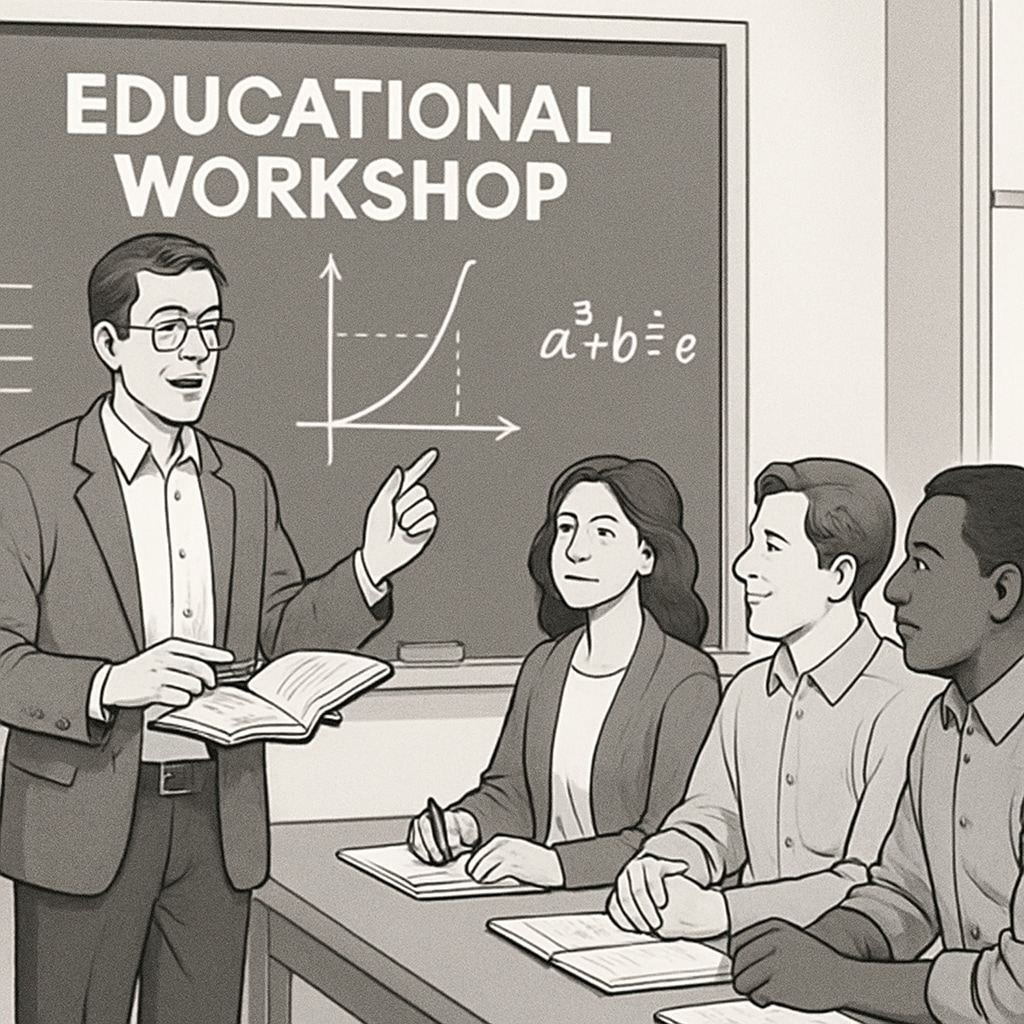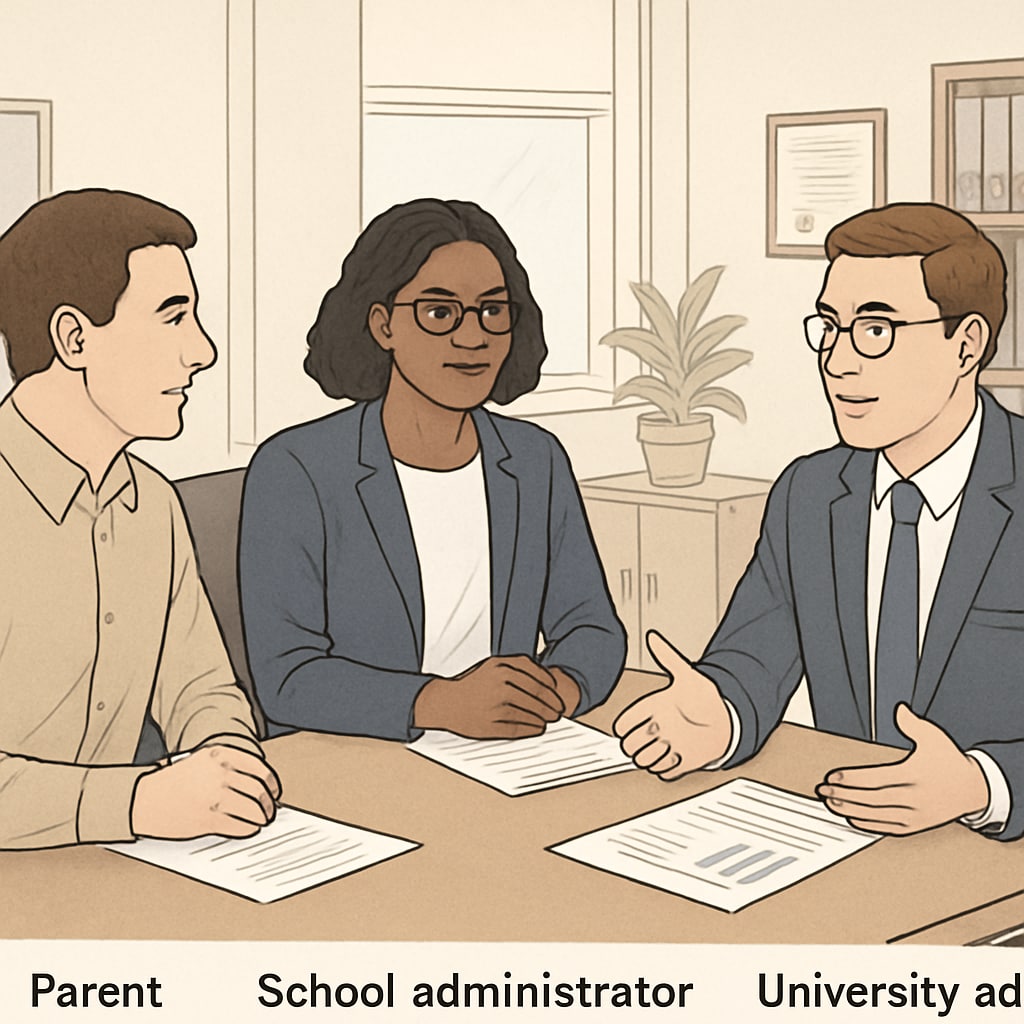When facing complex student development challenges, consulting the right experts can make all the difference. California University employees, particularly those with experience in education, offer a wealth of knowledge to guide parents, educators, and administrators. Whether addressing learning difficulties, social development issues, or curriculum concerns, their expertise can help craft actionable solutions to improve K-12 student outcomes.
In this article, we’ll explore how to establish effective consultation channels with education professionals and faculty from California universities. By leveraging their insights, you can better navigate the challenges of student development and create a supportive environment for growth.
Why Consult K-12 Experts from California Universities?
California universities are renowned for their research-driven approach to education and their commitment to advancing K-12 learning. Many employees, including faculty members, education researchers, and administrative staff, have extensive experience working with diverse student populations. This makes them uniquely equipped to offer practical advice tailored to specific student needs.
Here are some reasons why consulting these experts can be beneficial:
- Evidence-Based Solutions: University employees often rely on the latest research and proven methodologies to address educational challenges.
- Specialized Expertise: Many faculty members specialize in areas like special education, child psychology, curriculum design, or technology integration.
- Community Understanding: As part of California’s education ecosystem, university employees are familiar with the unique challenges faced by local schools and communities.
For example, a professor specializing in child development might provide strategies to improve classroom engagement, while a research assistant could share insights on emerging educational technologies. By tapping into this expertise, parents and educators can gain new perspectives and tools to support student success.

How to Approach California University Employees for Consultation
Establishing a productive consultation process requires preparation and clear communication. Here are steps to effectively approach university employees for guidance:
- Identify the Right Expert: Research faculty directories or departmental websites to find professionals whose expertise aligns with your specific challenge. For instance, if you’re dealing with a literacy issue, look for professors in the education or language studies departments.
- Prepare Your Questions: Before reaching out, clearly define the problem you’re trying to solve. Be specific in your communication to ensure the expert understands your needs.
- Use Professional Channels: Contact university employees through official channels, such as email or scheduled office hours. Many universities also host public events, webinars, or workshops where you can interact with faculty.
- Be Respectful of Their Time: Academics often juggle teaching, research, and administrative responsibilities. Be concise and considerate when requesting help.
- Follow Up: If the consultation leads to actionable advice, consider sharing the outcomes with the expert. This not only shows gratitude but also encourages future collaboration.
By following these steps, you can build a professional and mutually beneficial relationship with university employees, enabling you to access valuable insights for your educational challenges.

Maximizing the Impact of Consultations
Once you’ve consulted with a California University employee, it’s essential to implement their recommendations effectively. Here are some tips to ensure success:
- Collaborate with School Staff: Share the expert’s advice with teachers, counselors, and administrators to create a unified approach to addressing the issue.
- Monitor Progress: Regularly evaluate the effectiveness of the implemented strategies. If needed, seek additional guidance to refine your approach.
- Document Learnings: Keep track of what works and what doesn’t for future reference. This can also help other parents or educators facing similar challenges.
For example, if a university expert suggests a new reading intervention program, work closely with teachers to integrate it into the classroom. Track student progress and share feedback with the expert to refine the program further.
Conclusion: Building Bridges Between Universities and K-12 Education
Consulting California University employees offers a unique opportunity to bridge the gap between academic research and practical application in K-12 education. By leveraging their expertise, parents, educators, and administrators can address challenges more effectively and support students in reaching their full potential. Take the initiative to connect with these professionals and unlock the full potential of evidence-based solutions for student development.
Whether it’s a curriculum challenge or a social development issue, the right guidance can make all the difference. Reach out to California University employees and start building a brighter future for your students today.


